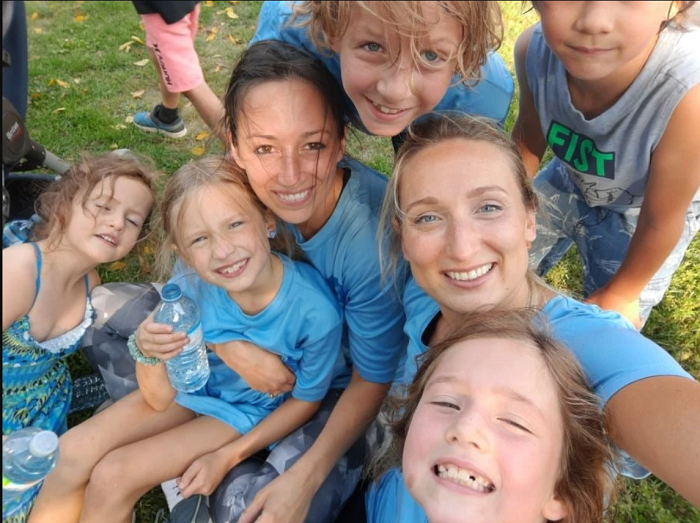Home › Resources
Resources
Everything we’ve ever published, all in one place. Use the filters below to find the subjects (e.g., suicide prevention) and content types (e.g., guidelines) that matter to you.
Filter By
Audiences
Subject
More
Content Type
More

The high cost of living in Canada has led to increased financial insecurity, pressures on food and housing affordability, and income inequality —which all significantly impact mental health and well-being.

The high cost of living in Canada has led to increased financial insecurity, income inequality, and pressures on food and housing affordability — which all significantly impact mental health and well-being.

Suicide Postvention Resources for Canadian Communities, based on our own environmental scan, summarizes over 35 different resources and includes related links and descriptions.

Substance use health and mental health (SUHMH) are closely linked, with many people experiencing challenges relating to both at the same time. Polling by the Canadian Centre on Substance Use and Addiction (CCSA) and the Mental Health Commission of Canada (MHCC) has found that COVID-19 had significant, persistent, and complex impacts on SUHMH. At the same time, the pandemic also accelerated the evolution of innovative health policy and technology.

Roots of Hope: Reflecting on Our Journey summarizes the collective experiences of the evaluated research demonstration project sites between 2018 and 2022.
























